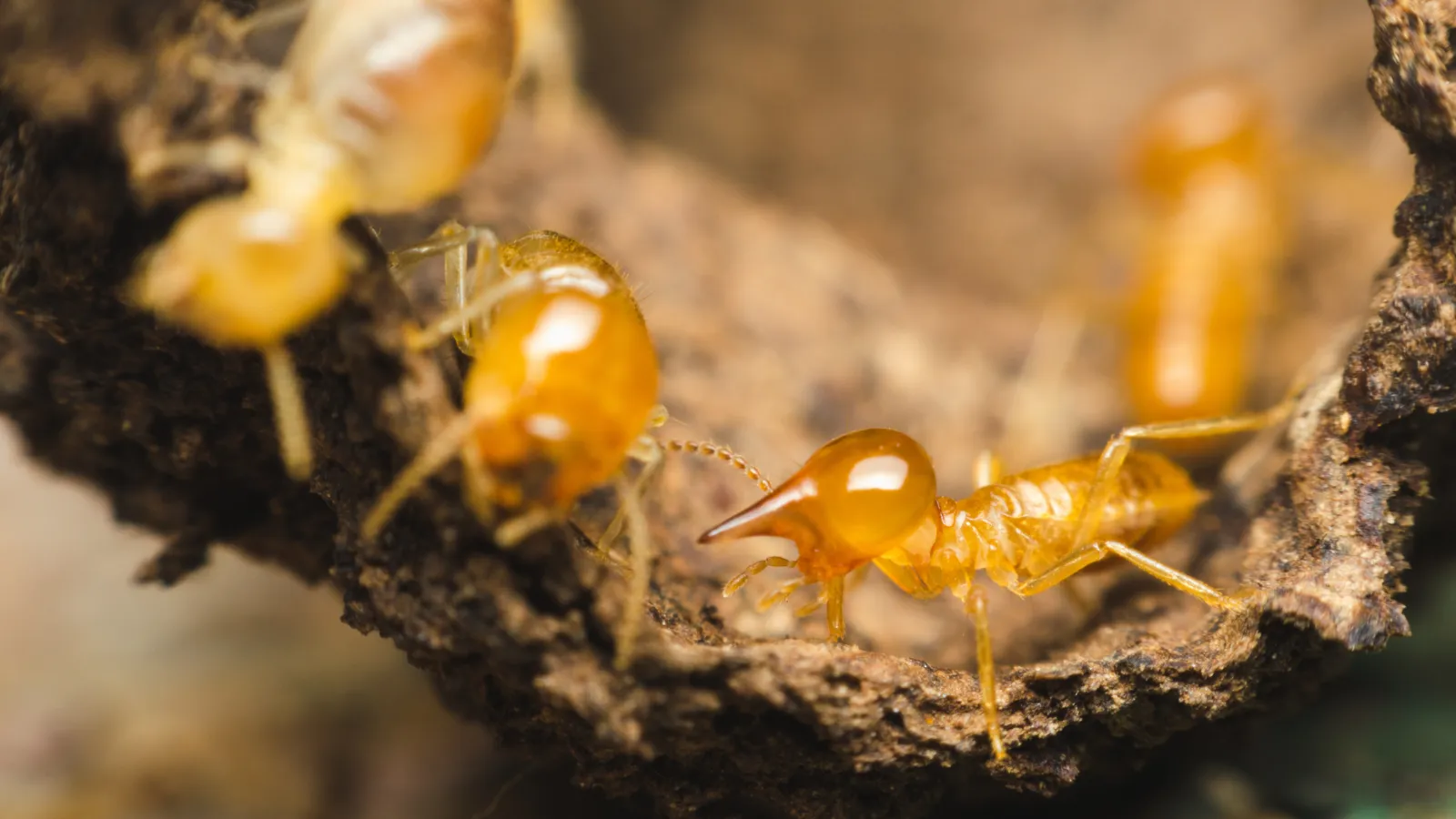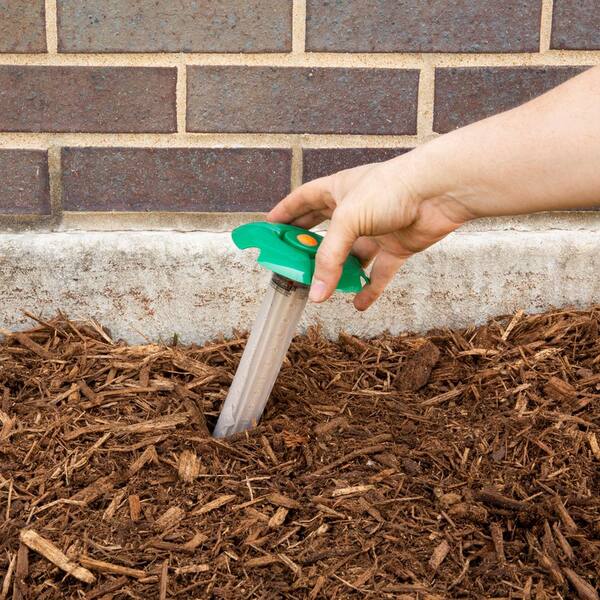Leading Ant Control Services: Trustworthy Solutions for Your Home or Business
Leading Ant Control Services: Trustworthy Solutions for Your Home or Business
Blog Article
Ecological Impact of Bug Control: Balancing Performance With Sustainability
The environmental effect of parasite control is a critical problem that calls for a fragile balance between attaining performance in guaranteeing and taking care of pests sustainability of our ecological communities. From the use of dangerous chemicals that permeate right into our dirt and water to the unintended consequences on non-target species, the repercussions of traditional parasite control techniques are far-reaching.
Hazardous Chemicals in Bug Control
The use of unsafe chemicals in bug control positions significant environmental and health risks that call for mindful factor to consider and reduction approaches. Pesticides, herbicides, and chemicals are frequently utilized to get rid of parasites, yet their prevalent application can bring about unplanned repercussions. These chemicals can pollute soil, water resources, and the air, influencing not only the targeted insects however likewise advantageous insects, wildlife, and humans.

To attend to these dangers, incorporated bug monitoring (IPM) strategies are being promoted as a more sustainable option. IPM entails a mix of methods such as organic control, environment control, and the targeted use of pesticides as a last hotel (ant control mathews nc). By embracing an alternative method to pest control, we can lessen the ecological and health impacts connected with dangerous chemicals while properly taking care of pest populaces
Influence on Non-Target Variety
Taking into consideration the unintended consequences of parasite control approaches, the influence on non-target types is a crucial element that requires complete assessment. While parasite control procedures intend to target particular parasites, various other organisms in the ecosystem might be unintentionally affected. Non-target varieties, consisting of valuable pests, birds, mammals, and even plants, can experience indirect or straight damage from pesticide applications or biological control methods.
Chemicals can have sub-lethal or deadly results on non-target types. For instance, insecticides created to combat a specific insect bug may hurt pollinators like bees or natural predators such as ladybugs. Additionally, chemical deposits can build up in the setting, impacting non-target organisms over time. Organic control representatives, if not species-specific, can pose risks to unintended targets, disrupting the ecological equilibrium.
To alleviate the influence on non-target varieties, incorporated pest monitoring (IPM) techniques that emphasize an all natural method to pest control are advised. These approaches focus on using eco-friendly methods, decreasing harm to advantageous organisms while successfully handling pest populations. Conducting comprehensive danger evaluations and keeping track of the results of bug control initiatives are essential action in securing non-target varieties and advertising general environment health and wellness.
Soil and Water Contamination
Unintended environmental effects of parasite control techniques extend beyond impacting non-target species, with significant ramifications for soil and water contamination - ant control services. Pesticides, herbicides, and chemical fertilizers made use of in insect control can seep right into the soil and infect groundwater, posturing a danger to both earthbound and marine ecosystems.
Water ant control garner nc contamination is an additional vital concern connected with insect control techniques. To alleviate soil and water contamination from insect control activities, incorporated parasite monitoring approaches that focus on sustainability and lessen chemical inputs are crucial.
Air Air Pollution From Pesticide Use
Exposure to airborne chemicals throughout farming applications presents a significant concern for air contamination control procedures. When chemicals are splashed onto plants, they can volatilize right into the air and form volatile organic compounds (VOCs) and various other air-borne pollutants. These chemicals can contribute to the formation of ground-level ozone, a major element of smog that can have destructive impacts on human health and wellness, crop performance, and total air high quality. Additionally, pesticide drift, where chemicals are lugged by the wind to unintentional areas, can bring about the contamination of neighboring ecosystems and water bodies.

Approaches for Sustainable Insect Control
In the realm of farming practices, carrying out lasting bug control techniques is paramount for preserving eco-friendly balance and guarding crop returns. Sustainable parasite control emphasizes using environmentally pleasant methods to take care of pest populaces efficiently while decreasing damage to non-target organisms and ecological communities. Integrated Insect Management (IPM) is an extensively taken on approach that incorporates organic, social, physical, and chemical control techniques to attain long-term pest management options.
Crop turning and diversity are also efficient strategies to disrupt pest life cycles and develop less desirable conditions for bugs to prosper. Inevitably, by incorporating these lasting parasite control techniques, farmers can attain a balance between pest management effectiveness and environmental stewardship.
Final Thought
To conclude, the ecological influence of pest control methods must be meticulously considered to stabilize effectiveness with sustainability. Hazardous chemicals made use of in insect control can lead to dirt and water contamination, air pollution, and harm non-target varieties - termite control services. It is vital to carry out lasting insect control strategies to decrease these unfavorable effects on the setting and advertise a much healthier ecosystem for future generations
By embracing an all natural method to pest control, we can decrease the environmental and health effects associated with unsafe chemicals while effectively managing pest populations.

To reduce the air pollution caused by pesticide use, it is crucial to take on incorporated insect administration techniques that prioritize the usage of non-chemical pest control techniques, such as crop rotation, all-natural killers, and resistant crop selections. Sustainable pest control highlights the usage of ecologically pleasant approaches to manage parasite populations effectively while minimizing injury to non-target microorganisms and communities. Integrated Pest Monitoring (IPM) is an extensively taken on strategy that combines biological, cultural, physical, and chemical control methods to accomplish long-lasting parasite administration options.
Report this page